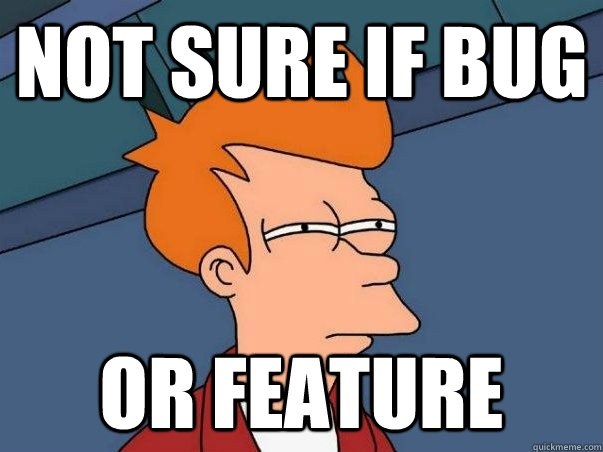Ah, Desmond. I wade in where fools fear to tread, but better a fool than noone.
The point of the line “You have to change your life” is that the sculpture is so strikingly beautiful, it forces someone to change their life.
Well, let’s assemble our building blocks.
δεῖ σε τὸν βίον “it is necessary that you… life”
δὴ “then, at that point” or οὖν “so, therefore”: Classical Greek would want to know what this sentence has to do with the foregoing text.
ἀλλάξειν “change (perfective)”, or ἀλλάσσειν “keep changing”. But you know, ändern “to otherise” makes me think of another verb:
ἀλλοιώσειν “to other (perfective) = to alter, to change”, or ἀλλοιοῦν “to keep altering”. The verb ἀλλοιόω can have a negative connotation, particularly in Modern Greek—to adulterate, to alter from what it is supposed to be. But it doesn’t have to, and I like that it’s not just changing, but making it something different.
So I’ll put together this Attic: δεῖ σὲ δὴ τὸν βίον ἀλλοιοῦν. “Then you have to be altering your life.”
What’s the right dialect? I’d think Doric rather than Aeolic, it’s not really personal sentiment but monumental sentiment.
And I think in Doric that ends up as: δεῖ τὲ δὴ τὸν βίον ἀλλοιῶν.
But I wade in where fools fear to tread, and I’d like to hear from others who aren’t guessing. Including what you’d come up with, Desmond!
EDIT: After discussion with Neeraj Mathur and Desmond in comments:
δεῖ δὴ τὲ τὰν ψυχὰν ἀλλοιῶν.
δή was misplaced, and ψυχή in Homeric Greek did not yet mean “soul”; even if it had, it’s appropriate here.


